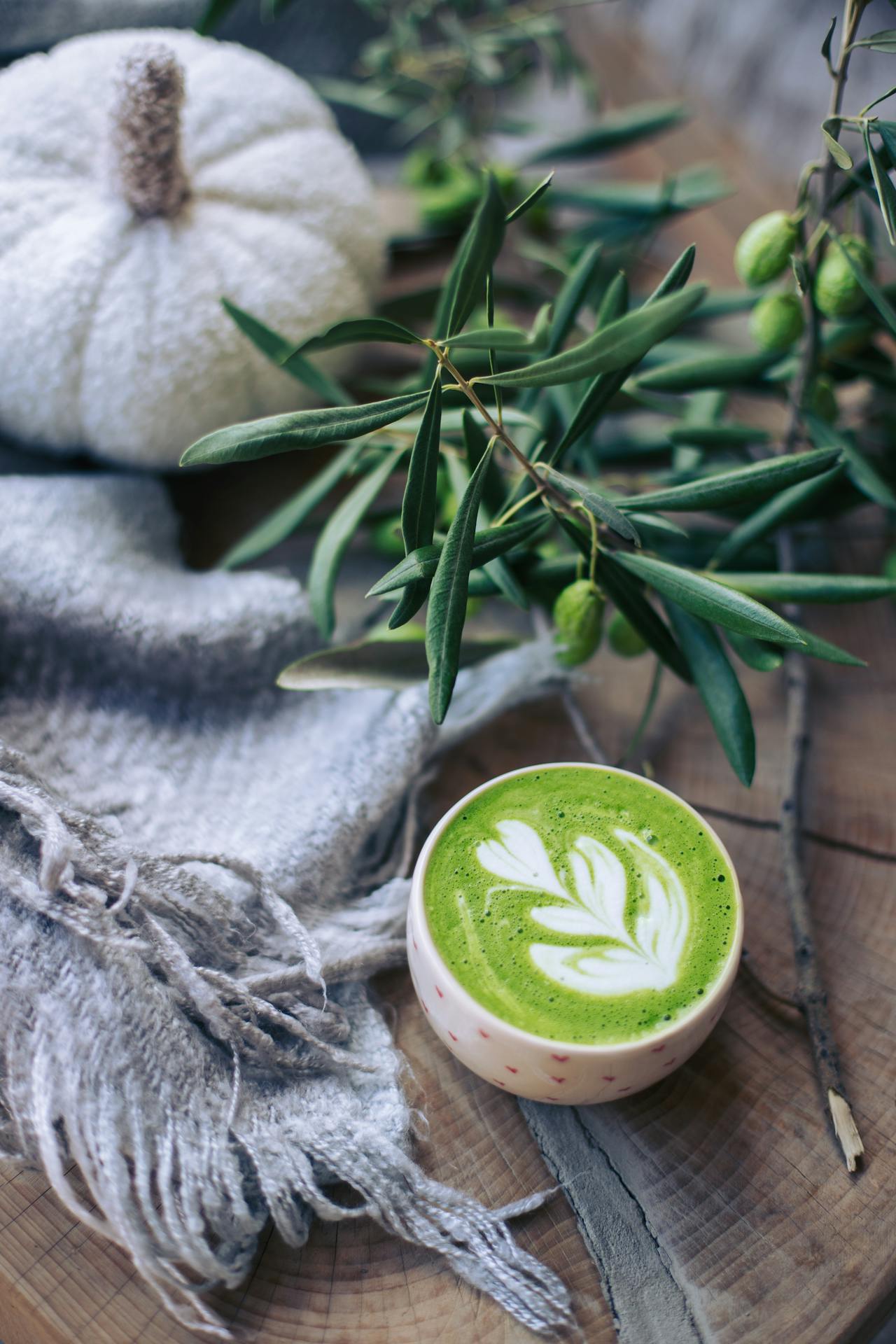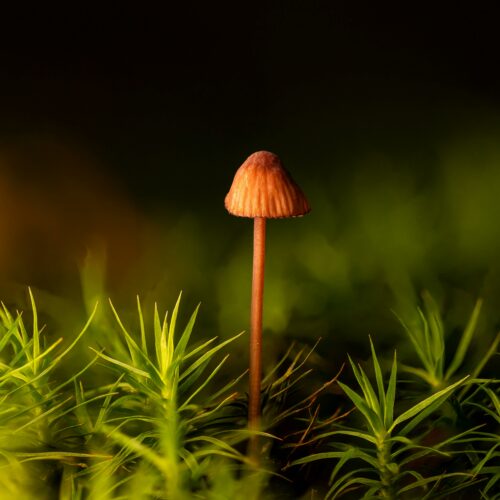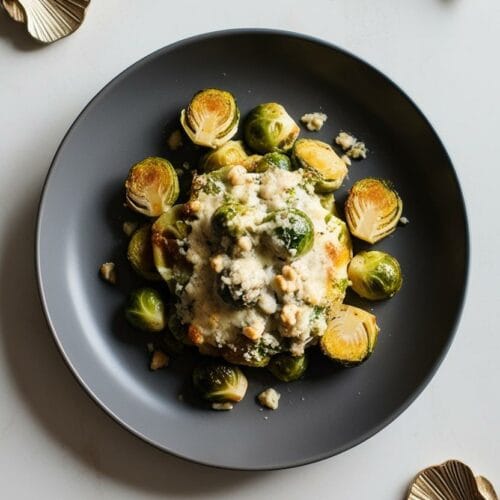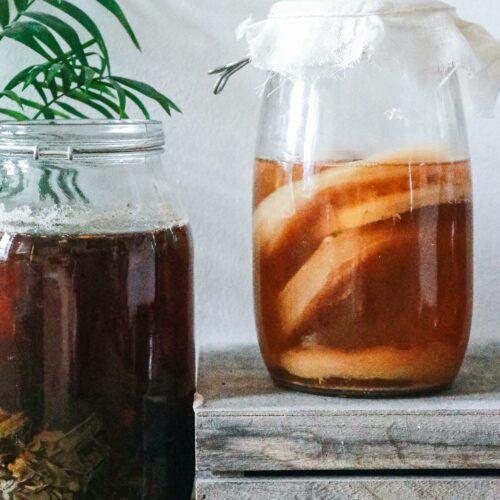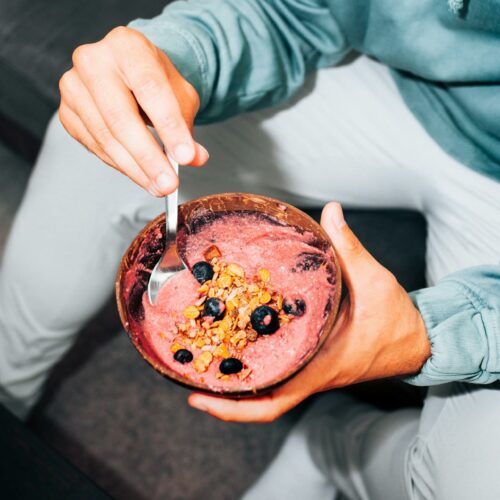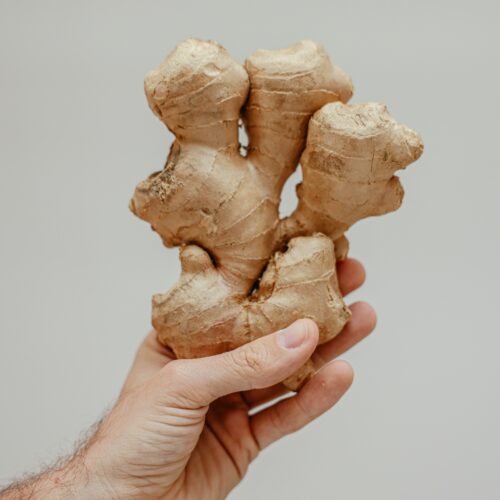The festive season, with its rich, festive meals, brings a warm atmosphere, but it can also be hard on the body. Hearty dishes, excess sugar and alcohol and lack of sleep can take their toll on the body. To regain balance, the idea of a gentle detox is becoming increasingly popular. This process is not a strict diet, but a method of lightening our diet and encouraging our organs to function better, particularly the liver, digestive system and kidneys.
Discover how to adopt a benevolent and effective post-holiday detox, with practical advice, simple menus and tips for lasting well-being.
Why detox after the holidays?
Christmas and New Year’s meals, often rich in calories, saturated fats and refined sugars, can lead to :
- Digestive overload: bloating, stomach heaviness, slowed transit.
- Generalized fatigue: linked to overwork of detoxification organs such as the liver.
- Dull skin: lack of hydration and excess toxins impact the complexion’s radiance.
- Energy imbalance: sudden variations in blood sugar levels and overeating tire the body.
A gentle detox acts as a “respite” for the body, allowing it to rebalance itself and return to optimal functioning.
Understanding the role of organs in detoxification
The body naturally has a detoxification system based on :
- The liver:
Filters and transforms toxins so that they can be eliminated by the kidneys or intestines. After the holidays, it can be overloaded by alcohol, fats and sugars. - The kidneys:
Filter blood and eliminate water-soluble toxins via urine. Insufficient hydration can slow down this process. - The intestines:
They evacuate solid waste. An unbalanced diet can cause sluggish transit or discomfort. - The skin:
Through perspiration, it helps eliminate toxins. A dull complexion or imperfections can be warning signs.
The basics of a successful detox
To support these organs and boost metabolism, a detox should be based on simple principles:
1. Plentiful hydration: your best ally
- Drink 1.5 to 2 liters of water a day.
- Add detoxifying herbal teas: mint, lemon, ginger, fennel.
- Drink warm lemon water in the morning to stimulate the liver.
2. Choose a light, natural diet
- Green vegetables: rich in chlorophyll, they help purify the liver (spinach, kale, broccoli).
- Fruits rich in water and antioxidants: citrus fruits, apples, berries.
- Lean proteins: fish, skinless poultry, tofu.
- Wholegrain cereals: quinoa, brown rice, oats for fiber and energy.
3. Choose gentle cooking methods
- Opt for steaming, baking or light pan-frying with a drizzle of olive oil.
- Avoid fried foods and rich sauces.
4. Limit foods to avoid
- Alcohol and soft drinks.
- Processed and refined products (ready-made meals, industrial cookies).
- Excessive coffee or black tea, which can irritate the digestive system.
5. Incorporate detoxifying superfoods
- Turmeric: powerful anti-inflammatory for the liver.
- Ginger: stimulates digestion and metabolism.
- Chia and flax seeds: rich in fiber, they promote healthy transit.
Typical menus for a detox week
Breakfast :
- Green smoothie (spinach, kiwi, ginger, coconut water).
- Oat flakes with vegetable milk, topped with berries and almonds.
Lunch :
- Mixed salad (quinoa, roasted vegetables, sunflower seeds, lemon vinaigrette).
- Green vegetable soup with a slice of wholemeal bread.
Dinner :
- Pan-fried seasonal vegetables (carrots, zucchini, fennel) and steamed fish fillet.
- Marinated tofu with steamed vegetables and light soy sauce.
Snacks :
- A handful of walnuts or almonds.
- Fresh fruit (apple, clementine).
Practical tips for making detox part of your daily routine
- Prepare your meals in advance: batch cooking to avoid overeating.
- Get moving regularly: brisk walking, yoga and stretching encourage circulation and the elimination of toxins.
- Take care of your skin: steam baths to eliminate impurities and intensely moisturize.
Mistakes to avoid
- Skipping meals: this can slow down your metabolism and increase cravings.
- Adopting an overly restrictive detox: this can cause deficiencies or excessive fatigue.
- Seek immediate results: detox is a gentle, gradual process.
Conclusion
The post-holiday detox is a great opportunity to rebalance your diet and revitalize your body after the excesses of Christmas celebrations. By following a caring approach and focusing on natural, moisturizing foods, you can gently regain energy and lightness. Incorporating these good habits into your daily routine can also lay the foundations for a healthy diet for the whole year ahead.
